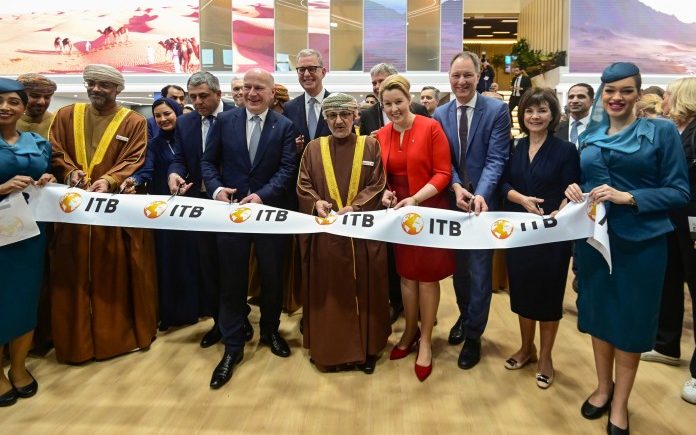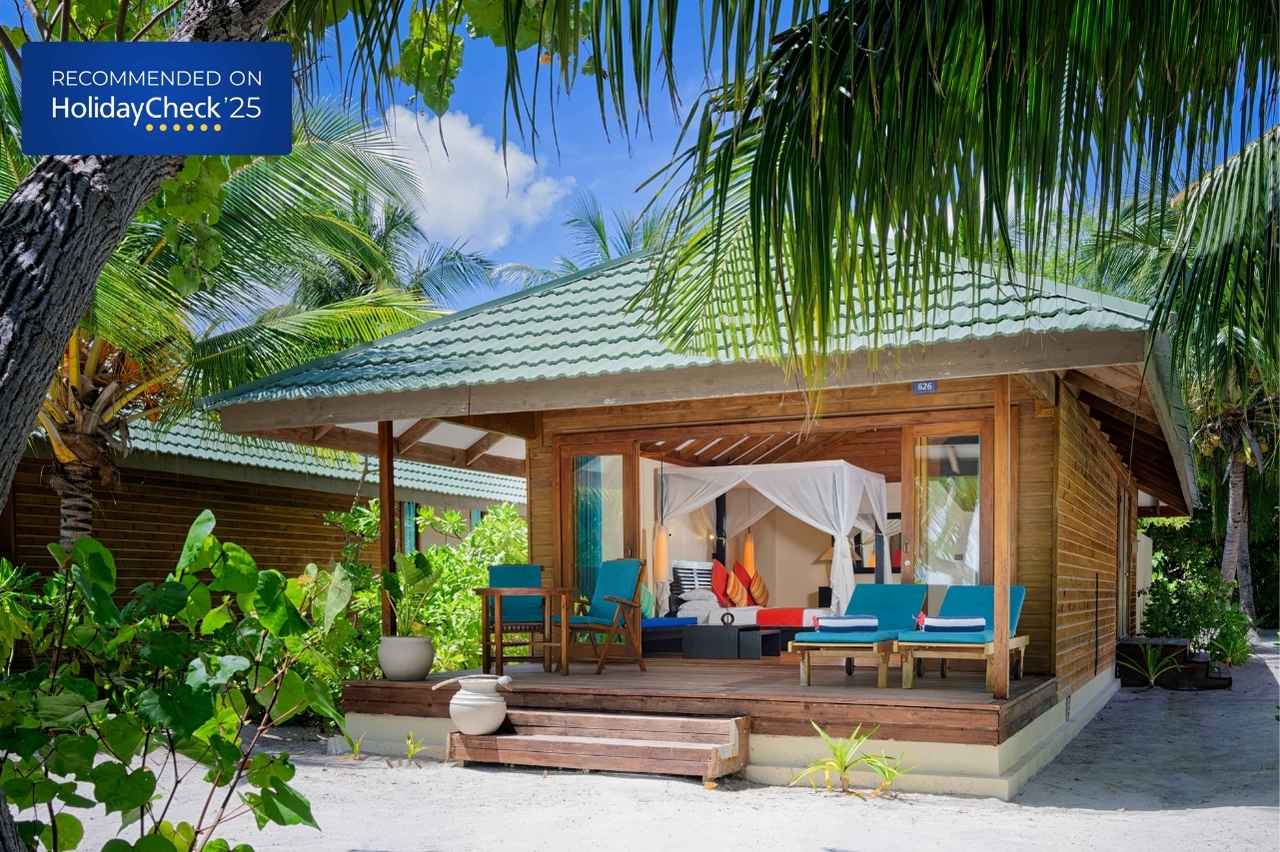The world’s premier travel trade show since 1966, ITB Berlin 2024, is now underway. With the slogan ‘Beauty has an address’! Over 5,500 exhibitioners from 170 countries have come together this year, eagerly welcoming trade visitors and buyers from the global travel industry. This year, the stunning country of Oman takes the stage as ITB Berlin’s host country.
What is the ITB Berlin Convention?

Taking place from March 5th to 7th, ITB Berlin serves as a crucial gathering point for the travel sector. The ITB Berlin Convention 2024 will see a myriad of international experts uniting under the motto ‘Pioneer the Transition in Travel & Tourism Together’.
This collaboration unfolds across 17 themed tracks at ITB Berlin, spread over four live stages. In addition to being a meeting point, ITB Berlin also provides a dynamic platform for the change of groundbreaking ideas. Highlights for this year include the increasing application possibilities of artificial intelligence as well as the challenges of advancing digitalization. Visiting partners at the ITB Berlin Convention will receive updates directly from the executives of top international firms. This opportunity offers a unique opportunity for networking and business development within the travel and tourism industry.
March 5th – Global Market Trends & Technological and Legal Challenges

This event will spotlight global market trends alongside technological and legal challenges. These discussions will address the needs of travel agencies, hospitality professionals, and tour operators. Notable discussions of March 5th, 2024, feature:
- Current challenges faced by the airline and cruise industry by Carrier & Cruise Track
- Discussion about future prospects and technology in tourism by Glenn Flogel, CEO of Booking Holdings.
- Engineering and the future: How GenAI and Microsoft copilot bring new intelligence to travel by Karim Bagga – Engineering Group Manager, Travel & AI Microsoft.
- How GenAI is changing the digital world- from future technology to daily business by Stefan Ebener – Head of Customer Engineering, Google.
- How Airbnb is unlocking new opportunities for growth by Dave Stephenson – Chief Business Officer, Airbnb.
March 7th – The Responsibility of Tourism for Biodiversity and Climate Justice
Recently, sustainability and eco-tourism have taken centre stage in the tourism sector, with every player, from airlines to resorts, striving to green their operations. With this, the responsibility of tourism for biodiversity and climate justice will be the focus of the responsible tourism track to be hosted on March 7th at ITB Berlin. During this track, current practical examples will be used to demonstrate sustainable solutions. This will highlight the industry’s commitment to environmental sustainability and climate change mitigation The top speakers to be hosted on the 7th include:
- Bruno Oberle – President World Resources Forum Association
- Külli Kraner – Head of Tourism, Estonian Ministry of Economic Affairs and Communications
- Ingo Burmester – CEO, DER Touristik








